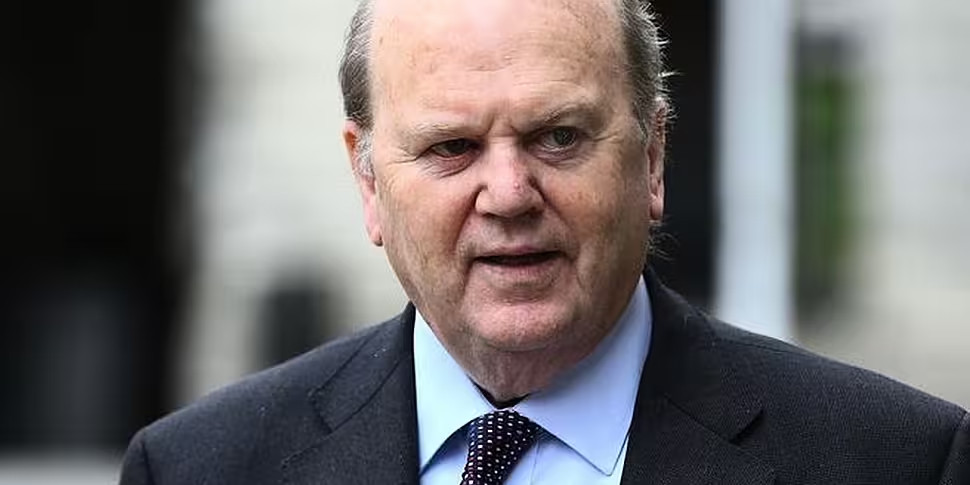The European Commission ruling ordering Apple to pay €13 billion in back taxes to Ireland has prompted calls for the money to be used on housing, health and other services impacted by funding cuts.
Minister for Finance Michael Noonan has already signalled his intention to challenge the decision in EU courts, but the government must still recover the tax, regardless of whether it appeals.
The money is expected to be held in an escrow account, or frozen, until legal proceedings are finished.
Even if no Irish appeal is ever launched, though, the certainty of a challenge by Apple means Ireland would be liable to repay money, if it were to spend it.
Government officials insist that EU rules would also require the windfall to be used to pay down Ireland’s €200 billion debt.
In an interview on RTÉ’s News at One yesterday, Mr Noonan said budgetary rules would require such sums to be “taken off the national debt, rather than spent on day-to-day expenditure”.
The European Commisison has since undermined that claim, telling Newstalk.com that there is “no legal obligation” on how to use the money.
Its country-specific recommendations for Ireland do encourage an annual deficit reduction of 0.6% of GDP.
Ireland is advised by the EU body to use "windfall gains from strong economic and financial conditions as well as from asset sales" to pay down debt.
The recommendations also refer, however, to the importance of funding for public services such as transport and housing.
The same official guidelines advise Ireland to "enhance the quality of expenditure, particularly by increasing cost-effectiveness of healthcare and by prioritising government capital expenditure in R&D and in public infrastructure, in particular transport, water services and housing".
Economist Tom McDonnell of the Nevin Economic Research Institute said the money, if recouped, ought to be used to set up an independent infrastructure bank to pay for future infrastructure projects.
"There is no legal process mandating we use the money to buy back Irish government bonds," he said.
"We could keep it sitting in our cash reserves for example – meaning less need for borrowing in the future."
Potential GDP
Fiscal Treaty rules obliging EU member states to reduce government debt to 60% of GDP were also cited yesterday in defence of Mr Noonan’s argument.
That requirement only needs to be met by 2033, however. As the current debt to GDP ratio is estimated to be 80%, Irish economic growth alone could possibly achieve this.
The potential €13 billion windfall would not directly allow government spending to be increased, though, because of the way the so-called fiscal space is calculated.
Dr McDonnell explained: “The way fiscal rules work is that the amount of extra money you can spend each year is based on a 10-year average of potential GDP – not actual GDP growth but how much your economy is growing in terms of its productive capacity.
"It runs pretty close to how fast the economy is growing. You take the money you have and look at how much the economy is expected to grow over 10 years, and you basically add that increment to public spending.
"And then depending on whether you increase or decrease taxes, you can increase or decrease that amount. The amount it goes up by is also then reduced if you haven’t reduced your structural deficit targets, which we haven't quite yet.
"If you get €13 billion coming in, it doesn't actually affect that amount at all, because it doesn’t affect the 10-year average assumption for growth."









